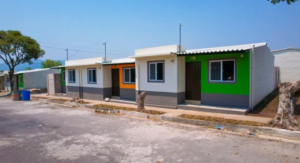
In line with its commitment to strengthen the capacities of salvadoran agricultural suppliers and promote sustainable practices, Walmart El Salvador, in collaboration with the Escuela Nacional de Agricultura “Roberto Quiñónez” (ENA), supports the development of training programs on the use of bio-inputs as an alternative for environmentally responsible agriculture for more than 20 agricultural producers who are part of the Tierra Fértil program.

The specialized course, implemented by the ENA’s Continuing Education Unit, seeks to provide knowledge and practical tools in the production and use of bio-inputs as an alternative for sustainable agriculture. The program consists of six training sessions of five hours each, addressing key issues for more efficient and healthy production, contributing to food security for the population and the sustainable use of natural resources.

Through its Tierra Fértil program, Walmart has benefited hundreds of local agricultural producers by providing technical advice, market access, and training in good agricultural practices. The incorporation of knowledge about bio-inputs complements this strategy by promoting alternatives that improve crop profitability and reduce environmental impact.

With an investment of more than $9,000, the training will enable the beneficiary agricultural producers to acquire the skills to produce and apply bocashi and compost, and to apply bioinsecticides, biofungicides, and biostimulants to their crops.
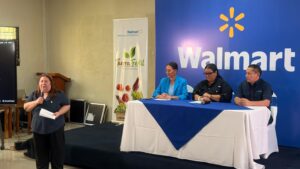
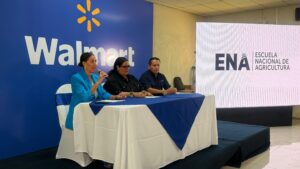

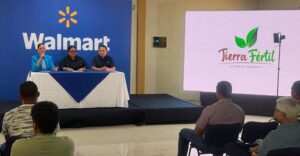
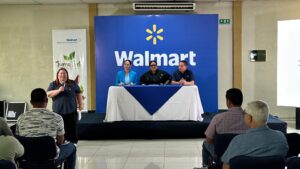

“This type of training is part of our vision to support our crops.beyond the commercial sphere. We seek to drive real transformation in the salvadoran countryside through the adoption of more sustainable and efficient techniques”, said Claudia de Ibáñez, Deputy Director of Social License at Walmart El Salvador.

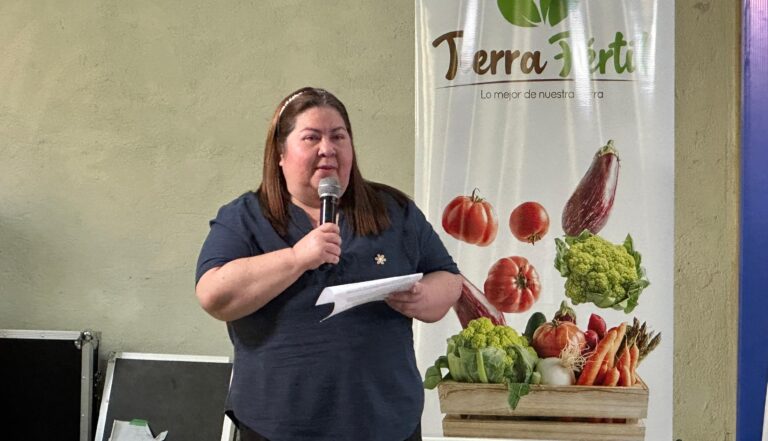
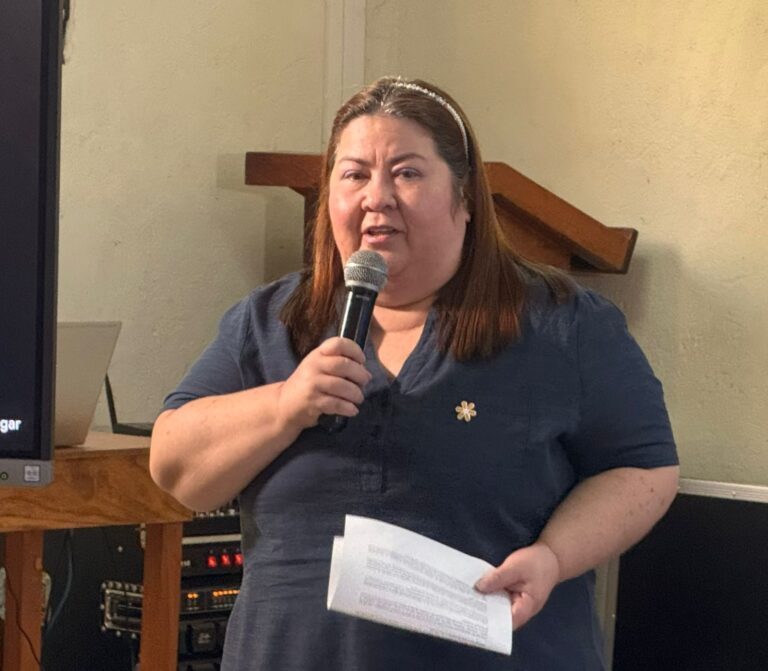
The ENA, recognized for its leadership in agricultural technical training in the region for more than a decade, implements this program with a comprehensive approach, promoting leadership and innovation in the use of bio-inputs. The theoretical-practical approach allows participants not only to acquire knowledge, but also to apply it directly in their production processes.






